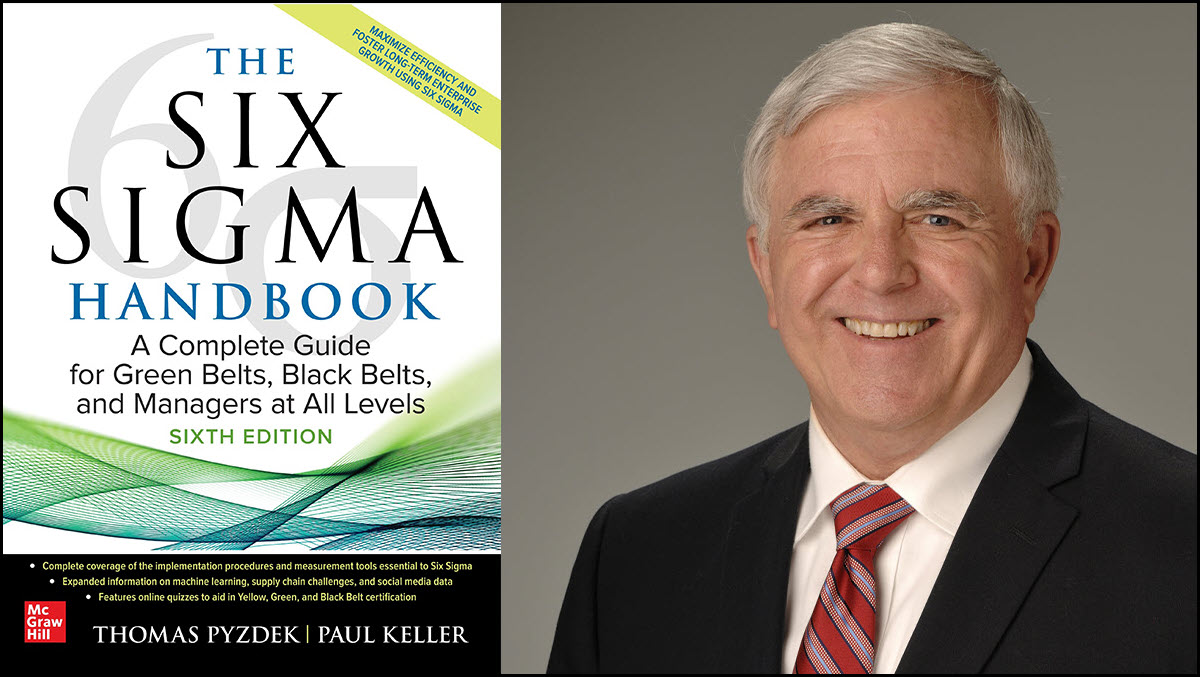-

Top 5 Industries Hiring Lean Six Sigma Experts Today
In today’s competitive market, Lean Six Sigma has become a vital tool for businesses striving to improve efficiency, reduce waste, and enhance quality. Companies across various sectors are actively seeking Lean Six Sigma experts to streamline operations, lower costs, and boost performance. Wondering which industries are the most eager to hire professionals with these skills?…
-

How Design of Experiments (DOE) Enhances Problem Solving in Six Sigma Projects
When we really get into the nitty-gritty of Six Sigma’s powerful methodologies, few tools are as remarkably impactful as Design of Experiments (DOE). Six Sigma is about eliminating guesswork and embracing data-driven decision-making, and nowhere is this more evident than in the application of DOE. In this post, I’ll show how DOE serves as a…
-

How to Choose the Right Lean Six Sigma Certification for You
Lean Six Sigma certifications are powerful tools for professionals aiming to enhance their careers, but choosing the right certification level can be challenging. Whether you are just starting out or looking to solidify your leadership in process improvement, each certification level — Yellow Belt, Green Belt, and Black Belt — offers distinct advantages and prepares…
-

Lean Six Sigma Certification: How It Can Boost Your Career
In today’s competitive job market, standing out and advancing your career can be challenging. One certification that continues to gain momentum across industries is Lean Six Sigma. Whether in manufacturing, healthcare, or finance, Lean Six Sigma certification equips professionals with valuable skills that enhance problem-solving abilities, improve leadership potential, and increase earning power. By mastering…
-

How Measurement Systems Management (MSM) Enhances IATF 16949 Compliance and Corporate Profitability
In the ever-evolving landscape of automotive manufacturing, the quest for excellence is a constant. Quality assurance, accuracy, precision, and adherence to US and international standards are not mere objectives; they are necessities. In this realm, IATF 16949:2016 stands as the beacon of automotive quality standards. Born from a collaboration of the world’s leading automotive manufacturers…
-

Announcing the Release of the 6th Edition of The Six Sigma Handbook by Thomas Pyzdek!
Hello Six Sigma Enthusiasts, We are thrilled to announce the release of the latest edition of the invaluable Six Sigma resource – the 6th Edition of The Six Sigma Handbook, authored by Thomas Pyzdek. This edition comes fully updated with the latest advances and knowledge in the field of Six Sigma, promising to be an…
-
A Paradigm Shift in Healthcare: Embracing Six Sigma and Lean Manufacturing Principles
Sunday papers often make for light reading, but an article I stumbled upon on, compelled me to think deeply. Titled “Don’t Let a Hospital Make You Sick,” the piece was brimming with startling facts about healthcare practices that are unfortunately more common than most people realize. The Unsettling Reality of Healthcare Errors The article unearthed…
-
What Do We Mean by Quality?
Quality, it seems, is harder to define than one might think. The article’s author, Tom Gaskell. takes yet another stab at defining this slippery term. He begins by presenting the widely accepted, intuitive definition of quality as goodness, luxury, or high priced exclusivity. While this is not incorrect, it is of limited use to those…
-
Navigating Modern Accounting Practices: Embracing Six Sigma and Lean Manufacturing
In a world that’s constantly evolving, some conventional systems risk becoming relics of the past. Accounting methods, for instance, have been grappling to keep pace with advancements in process excellence disciplines like Six Sigma, Lean Manufacturing, and the Theory of Constraints. The result is a potential discord that can hamper the progress of organizations seeking…
-
Reimagining Strategic Planning: The Power of Six Sigma and Lean Manufacturing Principles
In any Lean Six Sigma practitioner’s toolkit, batch and queue processing often holds the notorious reputation of a wasteful approach to production. Yet, this method remarkably mirrors the strategic planning process utilized by many organizations today. In this post, we’ll examine the parallels between these two and propose a transformative approach rooted in Six Sigma…
